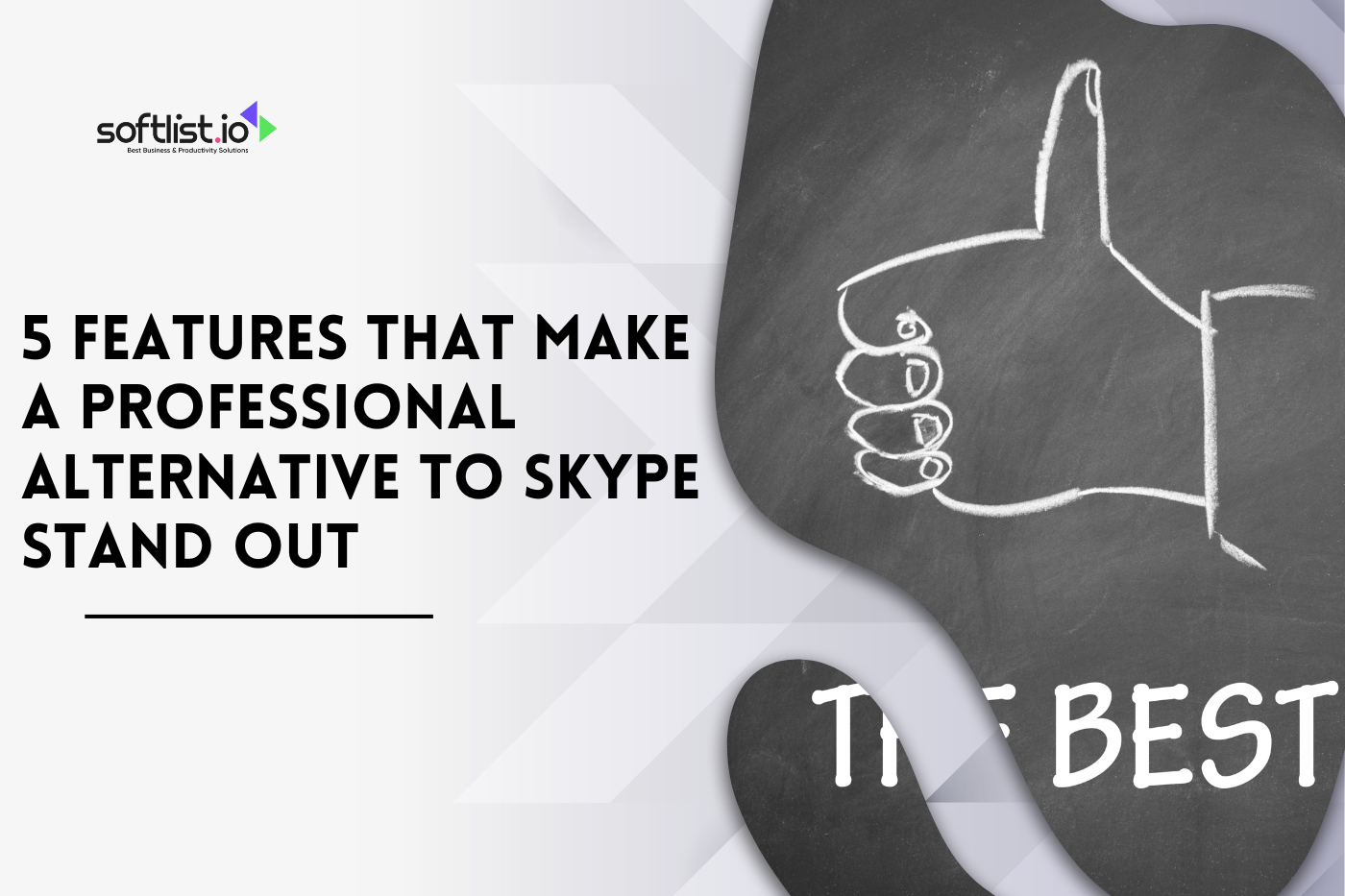Curious about how AI voice cloning works or how you can clone your voice for various applications? Voice cloning technology has revolutionized the way we create custom voice solutions, offering seamless synthesis and imitation that can replicate someone’s voice with impressive accuracy.
Whether you’re exploring a voice cloning tool for personalized voiceovers, creating a custom voice for your brand, or simply learning how to clone a voice, this guide answers the most pressing questions about this innovative technology.
Discover how an AI voice cloning tool can transform the way we use voice synthesis and open new possibilities in communication, entertainment, and beyond. Dive in to find answers to all your FAQs about AI voice cloning!
Key Takeaways
- Voice cloning software uses advanced AI voice cloning technology to replicate the sound of a voice, delivering the highest quality voice output for various applications. This innovative cloning process enables users to recreate a professional voice for use in media, branding, or entertainment.
- AI voice cloning technology provides numerous voice cloning use cases, such as creating personalized voice assistants, custom voiceovers, or replicating voices for accessibility tools. These solutions allow businesses and individuals to enhance communication and engagement with tailored audio experiences.
- The cloning process behind professional voice cloning is designed to accurately capture the nuances of a voice and create a natural-sounding replica. This ensures that the cloned voice is realistic, versatile, and indistinguishable from the original in quality.
- With voice cloning software, users can explore creative opportunities to replicate a voice and create high-quality audio for marketing, entertainment, or personal projects. This technology opens new possibilities for efficient content creation and seamless audio personalization.
What is AI Voice Cloning?
Source: Canva
AI voice cloning is the process of using advanced artificial intelligence and machine learning technologies to replicate a person’s voice with high accuracy. This technology creates synthetic speech that mimics the tone, pitch, cadence, and unique characteristics of an individual’s voice, making it nearly indistinguishable from the original.
Voice cloning allows users to generate custom audio using the cloned voice, opening up new possibilities for personalization in various fields.
How Voice Cloning Works?
Voice cloning relies on a process that involves capturing and analyzing voice data to train AI models. The process typically includes the following steps:
Data Collection
High-quality voice samples from the target individual are recorded. These samples are used to provide the AI with sufficient data to understand the unique features of the voice.
Model Training
The collected voice data is input into a machine learning algorithm. Using techniques like deep learning, the AI processes and learns the intricate patterns, tones, and inflections of the voice.
Voice Synthesis
After training, the AI generates synthetic speech that replicates the original voice. This output can then be fine-tuned for different applications, such as voiceovers, virtual assistants, or accessibility tools.
The result is a highly realistic voice replica that can generate custom speech on demand, mimicking the original speaker with precision.
What Is the Role of AI and Machine Learning in Realistic Voice Replicas?
Source: Canva
AI and machine learning are at the heart of voice cloning technology. These technologies enable the system to analyze and replicate the complexities of human speech. Machine learning algorithms, particularly neural networks, are trained to identify subtle details in voice data, such as pronunciation, rhythm, and emotion. Deep learning models, such as generative adversarial networks (GANs), refine the synthetic voice to sound natural and authentic.
Through continuous training and advancements, cutting-edge voice technologies have revolutionized the way AI systems operate, making the future of voice technology more promising than ever. With minimal input data, these systems can now achieve impressive voice replication, creating highly realistic and customizable voice outputs.
These innovations also enable unparalleled personalization, allowing users to fine-tune the tone or style of the voice with AI to meet specific preferences and needs seamlessly.
What Are the Common Use Cases of AI Voice Cloning?
AI voice cloning technology has opened up numerous possibilities across industries, offering innovative solutions for communication, personalization, and accessibility. Its ability to replicate voices with precision and flexibility has led to practical applications in media, branding, technology, and beyond. Below are some of the most impactful use cases for voice cloning software.
Voiceovers for Media and Entertainment
Voice cloning software is revolutionizing the media and entertainment industries by providing an efficient and cost-effective way to produce voiceovers. Instead of requiring live recordings for every iteration of a script, content creators can use a cloned voice to generate high-quality audio for movies, video games, advertisements, and animations.
For example:
- In gaming, developers can use cloned voices to create character dialogues that adapt dynamically to player actions.
- In animation, voice cloning can help maintain consistency for characters whose original voice actors may be unavailable.
- In advertising, businesses can use AI voices to test multiple voiceover styles quickly before selecting the final version.
Creating Custom Voice Assistants
Voice cloning technology allows organizations to create custom voice assistants that align with their brand identity. Unlike generic text-to-speech voices, a cloned voice offers a personalized auditory experience, strengthening the emotional connection between the brand and its customers.
For instance:
- Companies can design voice assistants that sound like their spokesperson or a unique voice tailored to their brand personality.
- Smart home devices can offer personalized responses using the cloned voices of family members, creating a more engaging user experience.
- Businesses can add a human touch to automated customer service interactions, making them feel more approachable and relatable.
Replicating Professional Voices for Branding
Brands often rely on recognizable voices for commercials, public announcements, or promotional content. With AI voice cloning, companies can replicate the voices of celebrities, influencers, or even their long-term voiceover artists to maintain consistency in their campaigns.
For example:
- A brand ambassador’s voice can be cloned to create content across multiple platforms without requiring their physical presence.
- Global campaigns can use the same voice across different languages by combining voice cloning with translation technologies, ensuring a consistent brand identity.
Accessibility Tools for Individuals with Speech Impairments
One of the most impactful applications of AI voice cloning is in accessibility, particularly for individuals who have lost the ability to speak due to medical conditions. Voice cloning software can help them regain their voice by creating a synthetic version based on recordings from when they could speak or by customizing a voice that reflects their personality.
For example:
- Patients with ALS (Amyotrophic Lateral Sclerosis) or other conditions that affect speech can use cloned voices in communication devices to express themselves naturally.
- Personalized voices can help individuals feel a greater sense of identity and connection compared to generic text-to-speech systems.
- Educational tools for individuals with disabilities can incorporate cloned voices to create more relatable and effective learning experiences.
Is AI Voice Cloning Ethical?
AI voice cloning offers incredible opportunities across industries, but it also raises significant ethical questions. As with any powerful technology, the potential for misuse alongside its legitimate applications calls for careful consideration of its ethical implications. Addressing these concerns is critical to ensuring voice cloning technology is used responsibly and does not infringe on privacy, identity, or trust.
What Are the Benefits of Using AI Voice Cloning Technology?
Source: Canva
AI voice cloning technology has emerged as a game-changing innovation, offering unparalleled benefits for various industries and applications. By leveraging advanced algorithms and machine learning, this technology delivers exceptional audio quality while reducing costs and enabling personalization. These benefits make voice cloning a valuable tool for businesses, content creators, and individuals alike.
Highest Quality Voice for Various Needs
AI voice cloning produces highly realistic and natural-sounding audio by replicating the tone, pitch, cadence, and unique nuances of a person’s voice. Unlike traditional text-to-speech systems, which often sound robotic or generic, voice cloning creates output that is nearly indistinguishable from the original speaker.
Efficiency and Cost-Effectiveness in Producing Professional Audio
Voice cloning technology streamlines the production of professional audio, saving significant time and resources. Traditionally, creating high-quality voiceovers or recordings required multiple takes, studio time, and ongoing engagement with voice talent. With AI voice cloning, these challenges are minimized.
Personalization and Enhanced User Experiences
One of the standout advantages of AI voice cloning is its ability to create personalized and immersive user experiences. By replicating specific voices or tailoring audio content to individual preferences, this technology fosters deeper connections and engagement.
What Are the Challenges and Limitations of Voice Cloning?
While AI voice cloning technology has made remarkable strides, it is not without its challenges and limitations. From technical difficulties in achieving perfect imitation to ethical dilemmas surrounding its use, voice cloning presents complexities that demand careful consideration. Addressing these challenges is essential to maximize the benefits of this technology while mitigating risks.
Technical Limitations: Achieving Perfect Imitation
Although AI voice cloning has advanced significantly, achieving a perfect imitation of a human voice remains a challenging task. Despite using sophisticated machine learning models, certain nuances of speech, such as emotional tone, subtle inflections, and context-specific variability, can still be difficult to replicate accurately.
Concerns About Misuse and Ethical Dilemmas
The ability to clone voices so accurately raises significant ethical and societal concerns. The technology can be misused in ways that compromise privacy, security, and trust, leading to serious implications.
The Need for Continuous Improvement in AI Models
To overcome these challenges, continuous improvement in AI models and algorithms is essential. Current voice cloning systems rely on deep learning and neural networks, which require large datasets and significant computational resources.
Conclusion
As AI voice cloning continues to transform industries, its potential to create a voice that sounds natural and personalized is undeniable. Whether you want to use your own voice or design a high-quality voice for branding, the best voice cloning tools offer unmatched versatility.
With the ability to generate a voice instantly, AI voice cloning features empower users to experience the future of voice through innovative and efficient solutions. If you’re intrigued by the possibilities, now is the time to explore how an AI voice generator can simplify the voice cloning process and deliver quality voice clones for your needs.
Start your journey today and unlock the power of an AI version of your voice for endless creative opportunities. You can also read our other informative blogs to learn more about voice cloning.
Get Access to the Best Deals and Promotions!
Subscribe now to Unlock your Deals. Fill in the form to get started. We have curated a selection of exclusive deals and offers on top software products just for you. Save big with our special coupon codes and enhance your productivity, security, and creativity.
More FAQs
What Is AI Voice Cloning?
AI voice cloning is a technology that allows you to create a digital clone of your voice using advanced algorithms and artificial intelligence. This process involves recording your voice and using software to generate a high-quality voice model that can mimic your speech patterns.
How Does AI Voice Cloning Work?
AI voice cloning works by analyzing a voice recording and creating a detailed model of the voice’s characteristics, such as tone, pitch, and rhythm. This model is then used by a voice cloner to generate speech that sounds like the original voice, often with the help of a text-to-speech API.
What Are the Main Use Cases for Voice Cloning?
Voice cloning has several use cases, including creating custom AI voices for virtual assistants, enhancing podcasts and audiobooks with realistic AI narrations, and providing personalized text-to-speech solutions in customer service. It also allows broadcasters and content creators to maintain consistency in their voice across different projects.
How Can I Clone My Voice in 3 Simple Steps?
To clone your voice in 3 simple steps, you first need to record your voice using a high-quality microphone. Next, upload the recording to a voice cloning software or tool. Finally, the software will process the recording to create a clone of your voice that you can use for various applications.
What Is the Best AI Voice Cloning Software Available?
The best AI voice cloning software varies depending on specific needs, but some popular options include advanced voice cloning platforms that provide high-quality voice clones and realistic AI mimicry. These tools often offer features like custom AI voice generation and text-to-speech integration.
Can I Use AI Voice Cloning for Professional Purposes?
Yes, AI voice cloning can be used for professional purposes such as creating consistent branding voices, enhancing marketing materials with personalized voiceovers, and developing interactive voice interfaces. Professional voice cloning services are designed to provide high accuracy and realism, making them suitable for a wide range of applications.
Is It Possible to Create a Custom AI Voice That Sounds Like Me?
Yes, it is possible to create a custom AI voice that sounds like you. By using advanced AI voice cloning software, you can clone your own voice and generate speech that accurately reflects your unique vocal characteristics. This allows for personalized applications in various digital and interactive platforms.
What Are the Ethical Considerations Surrounding Voice Cloning?
Ethical considerations in voice cloning include issues of consent, privacy, and potential misuse. It is important to ensure that voice cloning is done with the explicit consent of the individual whose voice is being cloned and that the clone is used responsibly. Additionally, measures should be taken to protect the privacy of the voice data used in the cloning process.
How Can Businesses Benefit from Using AI Voice Cloning?
Businesses can benefit from using AI voice cloning by enhancing customer engagement with personalized interactions, improving accessibility with custom text-to-speech solutions, and creating consistent brand voices for marketing purposes. The use of high-quality voice clones can also streamline content production and reduce costs associated with traditional voiceover work.






